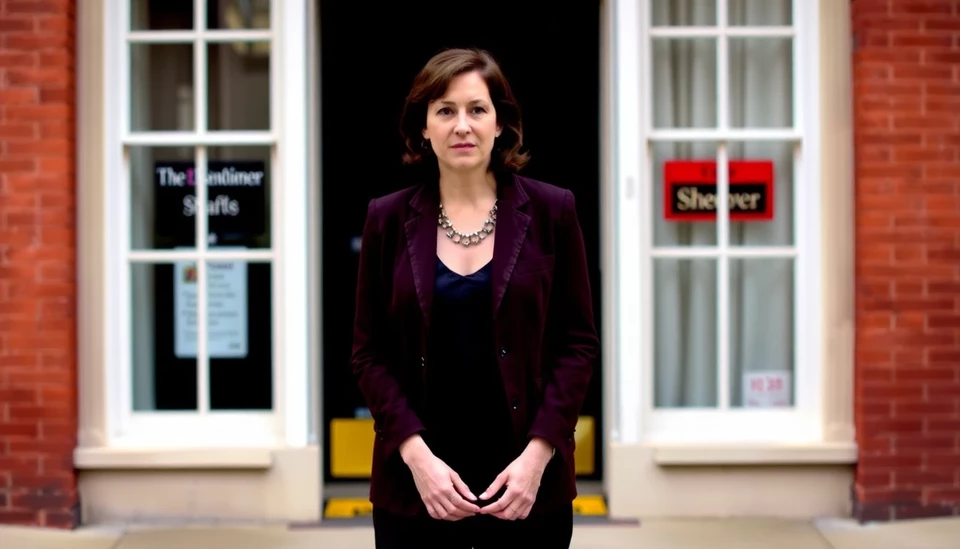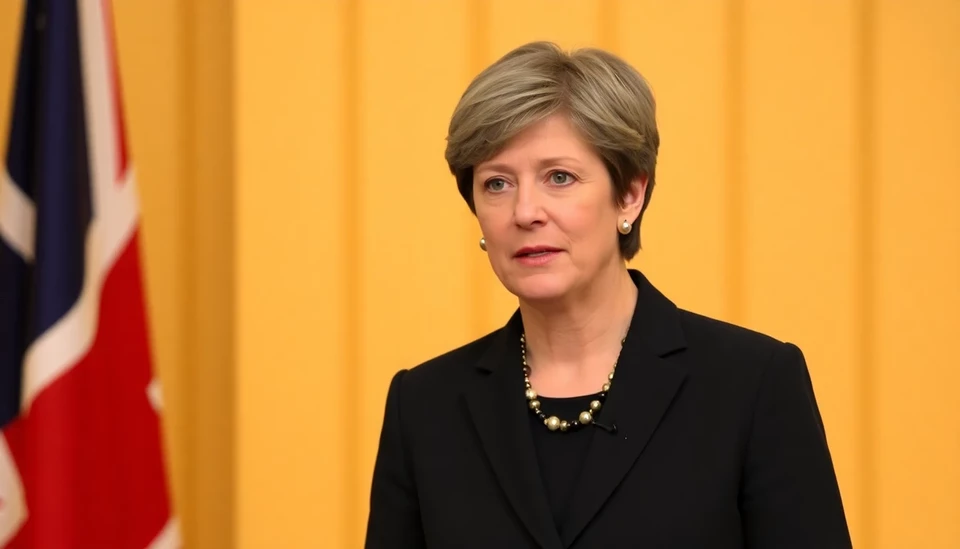
In a significant political development, Labour’s shadow chancellor, Rachel Reeves, has recently returned from a high-profile visit to China, where she engaged in critical discussions regarding economic collaboration and investment opportunities. The visit has garnered attention not only for its diplomatic implications but also for its timing, coinciding with mounting pressure to tackle the pressing issue of the UK’s deteriorating gilt market.
During her trip, Reeves met with Chinese officials and business leaders, promoting the United Kingdom as an attractive destination for Chinese investment. Her conversations underscored the importance of fostering strong international ties, particularly given the economic challenges currently facing the UK. Reeves’s visit was seen as an effort to reinforce Labour’s commitment to economic growth through global partnerships.
However, back in the UK, the financial landscape is fraught with uncertainty. The government has come under increasing scrutiny for its handling of gilt yields, which have risen sharply, reflecting investor concerns over inflation and public debt levels. This rise has prompted calls from various sectors for immediate action to stabilize the market and restore investor confidence.
Economists have warned that sustained high yields could lead to increased borrowing costs for the government, ultimately impacting public services and spending. The gilt market is seen as a barometer of investor confidence in the UK economy, and its current woes could have far-reaching effects on the nation’s fiscal health.
Reeves's return has sparked renewed discussions within the Labour Party on how to address these economic challenges effectively. There are proposals being drafted to potentially implement changes that would ensure a more stable and transparent gilt market. Advocates within the party argue that a proactive approach to managing public finances is crucial in alleviating the fears of both investors and the public.
The shadow chancellor’s commitment to addressing the root causes of the gilt crisis aligns with Labour’s broader economic agenda, which focuses on growth, investment, and fiscal responsibility. The party is keen to present itself as a viable alternative to the Conservative government’s policies, particularly in light of the pressing economic issues affecting everyday citizens.
As discussions continue, the spotlight remains on Reeves and her team to outline clear strategies that could mitigate the current financial instability. The government’s response to these escalating financial concerns will undoubtedly play a critical role in shaping the political landscape as the UK approaches future elections.
The coming weeks are expected to be pivotal as both Labour and the Conservative government navigate the complexities of the gilt market and its implications for the wider economy. With increased scrutiny from the opposition and the public alike, effective solutions are now more critical than ever.
Stay tuned as this story develops and we monitor both the political and economic responses to the ongoing challenges in the UK’s financial realms.
#RachelReeves #UKEconomy #GiltCrisis #LabourParty #Investment #ChinaRelations #PublicFinance #EconomicGrowth #Stability #Politics
Author: Daniel Foster




